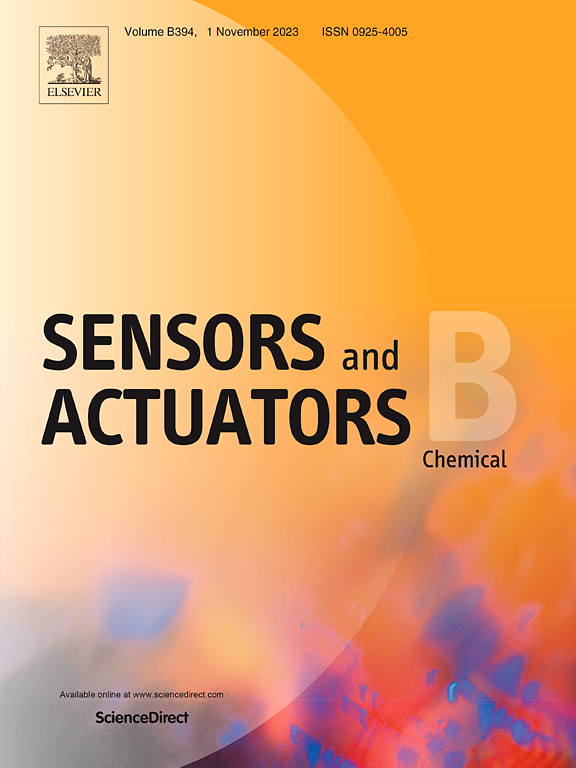MCCT-Net: A Hybrid Neural Network for Improving the Detection Performance of Electronic Nose System
IF 8
1区 化学
Q1 CHEMISTRY, ANALYTICAL
引用次数: 0
Abstract
The electronic nose (e-nose) system utilizes a cross-sensitive gas sensor array to detect gas information. An effective gas information classification method is one of the key problems to improve the detection ability of e-nose. In this paper, a new deep learning algorithm is constructed to classify e-nose gas information. The Transformer structure is incorporated into the convolutional neural network (CNN) architecture to compensate for the limitation of local convolutions in capturing long-range dependencies and global feature correlations. Firstly, we construct a multi-scale convolutional encoder (MCE) to extract local gas features. Then, a channel-refiltering transformer block (CTB) is designed to learn global gas features. Finally, we combine MCE and CTB to establish a hybrid neural network for gas information classification, called multi-scale convolution and channel re-filtering transformer hybrid network (MCCT-Net). To verify the effectiveness of MCCT-Net, we conduct performance tests on two datasets. For Dataset 1, MCCT-Net obtains the 98.67% accuracy, 98.65% recall, and 98.69% precision. For Dataset 2, MCCT-Net obtains the 98.52% accuracy, 98.17% recall, and 98.69% precision. The results show that MCCT-Net can accurately classify gas information, which provides a method for improving the detection performance of the e-nose system.mct - net:一种提高电子鼻系统检测性能的混合神经网络
电子鼻(电子鼻)系统利用交叉敏感气体传感器阵列来检测气体信息。有效的气体信息分类方法是提高电子鼻检测能力的关键问题之一。本文构造了一种新的深度学习算法对电子鼻气体信息进行分类。变压器结构被整合到卷积神经网络(CNN)架构中,以弥补局部卷积在捕获远程依赖关系和全局特征相关性方面的局限性。首先,我们构建了一个多尺度卷积编码器(MCE)来提取局部气体特征。然后,设计了一个通道再滤波变压器块(CTB)来学习全局气体特征。最后,我们将MCE和CTB相结合,建立了一种用于气体信息分类的混合神经网络,称为多尺度卷积和通道再滤波变压器混合网络(MCCT-Net)。为了验证MCCT-Net的有效性,我们在两个数据集上进行了性能测试。对于数据集1,MCCT-Net的准确率为98.67%,召回率为98.65%,准确率为98.69%。对于数据集2,MCCT-Net的准确率为98.52%,召回率为98.17%,准确率为98.69%。结果表明,MCCT-Net能够准确地对气体信息进行分类,为提高电子鼻系统的检测性能提供了一种方法。
本文章由计算机程序翻译,如有差异,请以英文原文为准。
求助全文
约1分钟内获得全文
求助全文
来源期刊

Sensors and Actuators B: Chemical
工程技术-电化学
CiteScore
14.60
自引率
11.90%
发文量
1776
审稿时长
3.2 months
期刊介绍:
Sensors & Actuators, B: Chemical is an international journal focused on the research and development of chemical transducers. It covers chemical sensors and biosensors, chemical actuators, and analytical microsystems. The journal is interdisciplinary, aiming to publish original works showcasing substantial advancements beyond the current state of the art in these fields, with practical applicability to solving meaningful analytical problems. Review articles are accepted by invitation from an Editor of the journal.
 求助内容:
求助内容: 应助结果提醒方式:
应助结果提醒方式:


